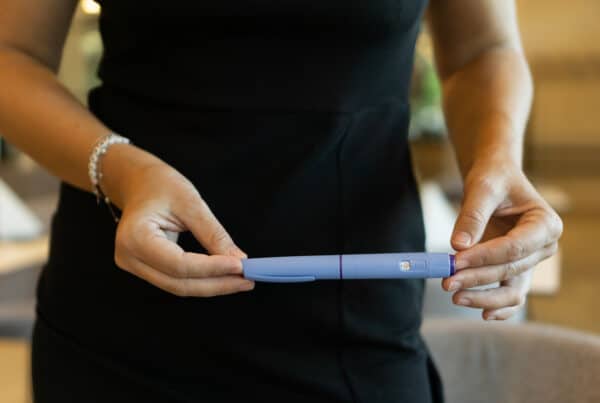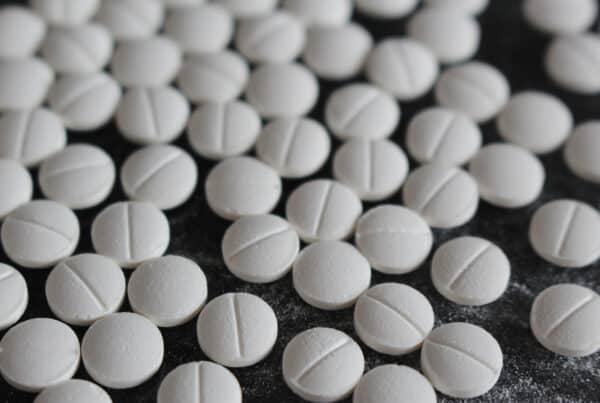By Dr. Harold C. Urschel III, MD, MMA
Chief Medical Strategist
Enterhealth, a premier alcohol and drug addiction treatment company, recently had the honor of hosting the “Enterhealth and Eating Recovery Center Luncheon,” featuring speakers from each organization. Representing Enterhealth was chief medical strategist Harold Urschel, M.D., MMA. Speaking for Eating Recovery Center of Dallas, an international center for eating disorder recovery, was medical director Stephanie Setliff, M.D.
The major focus of the presentation was the surprisingly high co-occurrence of drug or alcohol addiction and eating disorders. Enterhealth Ranch and the Enterhealth Outpatient Center of Excellence find that approximately 20 – 30% of patients who come for help with alcohol or drug addiction also suffer from an eating disorder. Even more alarming, Dr. Setliff reports that approximately half of her patients at Eating Recovery Center of Dallas suffer from co-occurring substance abuse.
Why do we see this common overlap?
There are several reasons for this substantial overlap. According to the National Institutes of Health (NIH), addiction and eating disorders are both identified as chronic brain diseases. Additionally, both of these disorders commonly arise from other co-occurring conditions – i.e., depression, anxiety and PTSD – most stemming from an underlying low sense of self-worth and/or self-esteem.
This overlap also seems to occur most frequently in young adults, though it certainly does arise in older adults, as well. This is likely the result of several factors, including the tendency of young adults to be exposed to more societal expectations and pressures than older adults. Additionally, today’s media tends to glamorize drug and alcohol use and frequently present people with unrealistic expectations of beauty and the human body.
The dangers are the same
Drugs and alcohol not only tax your body, taking a toll on various vital organs, they also alter the chemistry – and even certain functions – of the brain. What the public needs to know is that eating disorders can have the same effects, both on the body and the brain. There is a reason the National Institutes of Health (NIH) classifies these disorders as chronic brain diseases; they actually cause damage to the brain.
Over time – as a result of stimulation from drugs, alcohol or an eating disorder – addiction saturates the brain with “feel-good” neurotransmitters. Our brains have special reward centers which are generally stimulated by certain behaviors, such as being praised, taking care of our bodies, exercising or feeling loved, and these substances and behaviors have the ability to hijack this system. This process causes the brain to block unpleasant feelings in response to the stimulus – such as drugs, alcohol, or food – making it a desperately desired substance, eventually creating addiction and dependency.
Both disorders are treatable
The good news is that both addiction and eating disorders are treatable conditions. Enterhealth offers an evidence-based alcohol and drug addiction treatment program that was created by a team of addiction experts. Based on the latest NIH research, this program is implemented by a staff of addiction-trained physicians, psychiatrists, nurses and therapists, beginning with a thorough medical and psychological assessment, which leads to a personalized treatment plan for each patient.
Enterhealth also specializes in treating drug and alcohol addiction with co-occurring issues such as mental illness or eating disorders, otherwise known as dual-diagnosis. The board-certified medical team at Enterhealth Ranch and Enterhealth Outpatient Center of Excellence, as well as our overall medical approach to recovery, enables us to uniquely address the diagnostic and treatment challenges of dual-addiction disorders. Most addiction treatment programs simply are not equipped to treat clients in this way.
Recovery is a lifelong process, not a short-term cure, and should include education about the disease and development of coping skills to handle life’s challenges. With medically-based medical treatment, the brain can usually be revitalized – or “reset” – within one year of treatment.



